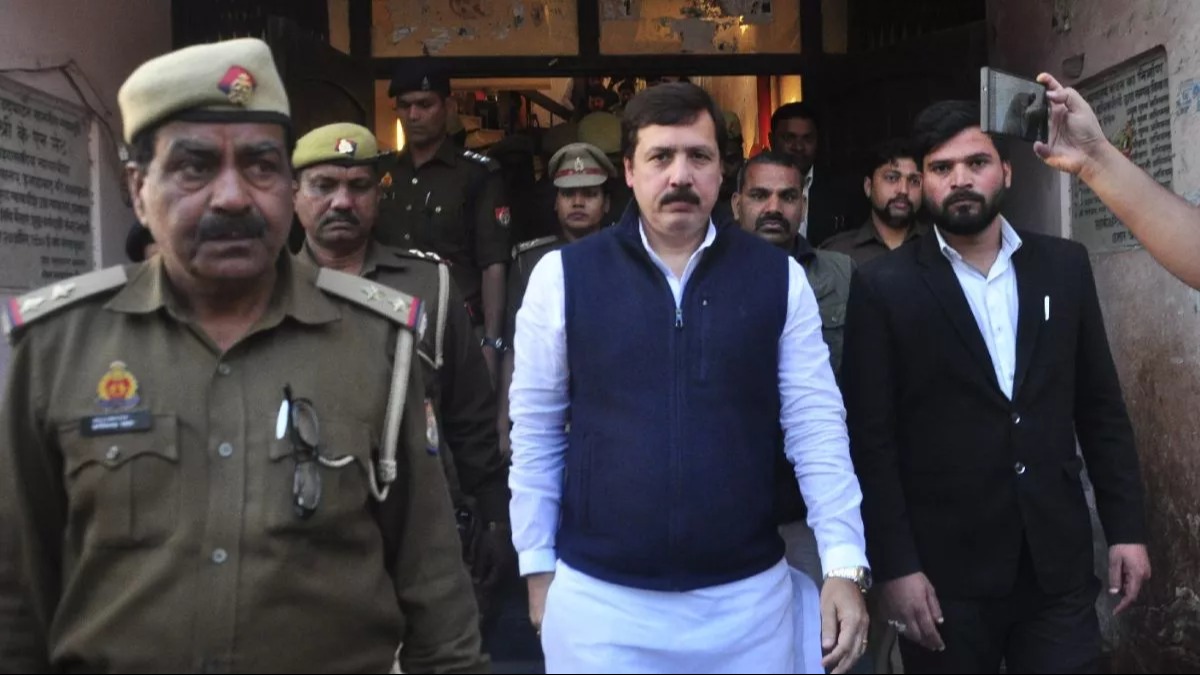For the first time in over three decades of his political and criminal history, strongman Dhananjay Singh has been convicted in a case. The Special MP-MLA Court in Jaunpur has sentenced Singh and his associate Santosh Vikram Singh to 7 years of incarceration and imposed a fine of 50,000 INR for the kidnapping and extortion of Namami Gange's Project Manager. Previously believed to have been a victim of a fatal police encounter—a fable that added to his clout—Singh had 43 legal cases filed against him. Today, only 10 are pending. This sentencing marks a significant pause in his political journey until the High Court provides relief.
Turning to the criminal record of Dhananjay Singh, currently 10 cases are registered against him; 8 of which are from Jaunpur, one from Delhi's Chanakyapuri, and another from Lucknow's Vibhuti Khand, the latter dealing with minor charges. To date, charges have been formally established in only three cases where testimonies are ongoing. In the remaining 6, the police have filed charge sheets, but charges have yet to be framed in court. This is the first case involving the intimidation of Project Manager Abhinav Singh where Dhananjay Singh has been sentenced.
The case from Delhi's Chanakyapuri dates back to when Dhananjay Singh's second wife, Jagriti Singh's servant committed suicide at her residence. Singh faced allegations of tampering with the CCTV DVR and witholding information from authorities. The Delhi Police interrogated both Dhananjay Singh and his wife Jagriti. Charges were framed on June 6, 2015, and the case is currently in the testimony phase with the final verdict pending.
One of the 10 cases against Dhananjay Singh is filed under the Gangster Act at Kerakat Kotwali in Jaunpur, where charges were framed on March 5, 2021, and the case is currently being testified. Another case charged is a murder filed at Kerakat Kotwali in Jaunpur, with charges framed on July 23, 2019, and hearings are underway.
What does charge framing mean?
After an FIR is filed, the police submit a charge sheet based on their investigation to the court. The court hears the evidence and witnesses detailed in the charge sheet. When the court accepts these, the charges are formally 'framed,' meaning that the court is satisfied with the police's charge sheet and begins the trial process.




